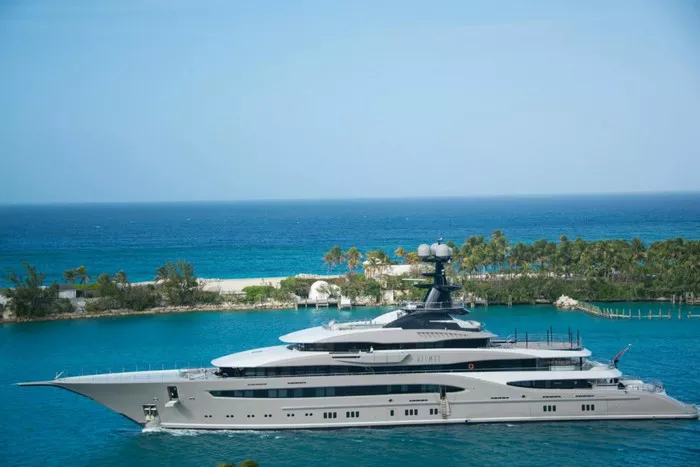Over the past three years, Greece has emerged as a premier Mediterranean destination for large yachts. However, the country is struggling to accommodate the growing influx of maritime tourism due to a significant lack of marina infrastructure and limited berthing spaces. Despite strong investment interest, the development of new marinas has been hindered by bureaucratic delays and regulatory constraints.
Since 2019, the establishment of new marinas has become increasingly complex. New legislation mandates a cumbersome approval process, requiring multiple authorizations that slow down projects. The situation is further compounded by a shortage of skilled human resources, delaying vital investments. As a result, many yachts are unable to secure docking spaces, limiting Greece’s ability to fully leverage its booming maritime tourism sector.
A recent study, “Proposals for the Development of a Network of Tourist Ports in Greece,” presented at an event hosted by the Hellenic Marinas Association on March 31, provides key insights into the issue. The study aims to support the expansion of marinas and tourist ports to enhance the country’s berthing capacity. The report surveyed 60 regional units and 191 municipalities, identifying 40 priority areas for marina development. Among these, Central Corfu and the Diapontian Islands were ranked as the top regions, followed by Skiathos, Mykonos, Piraeus, and Lefkada.
Tourism Minister Olga Kefalogianni underscored the government’s commitment to addressing the issue, noting a flagship project with a budget of €139 million aimed at upgrading tourist ports. The initiative focuses on digitalization, environmental improvements, and boosting both accessibility and functionality of existing marinas.
Stavros Katsikadis, President of the Greek Marinas Association, emphasized the significant economic benefits of marina development. According to Katsikadis, the creation of every 100 berths generates six direct jobs and 100 indirect jobs. Furthermore, the International Council of Marine Industry Associations estimates that for every euro spent on berthing fees, an additional €5 to €10 is injected into the local economy through fuel, repairs, maintenance, wages, and other services.
Most event participants agreed that the slow pace of marina development is largely due to excessive bureaucracy and a lack of investment incentives. Katsikadis stressed the need for streamlined licensing processes, fewer regulatory bodies, and centralized coordination to attract investors and expedite the expansion of marina infrastructure.

